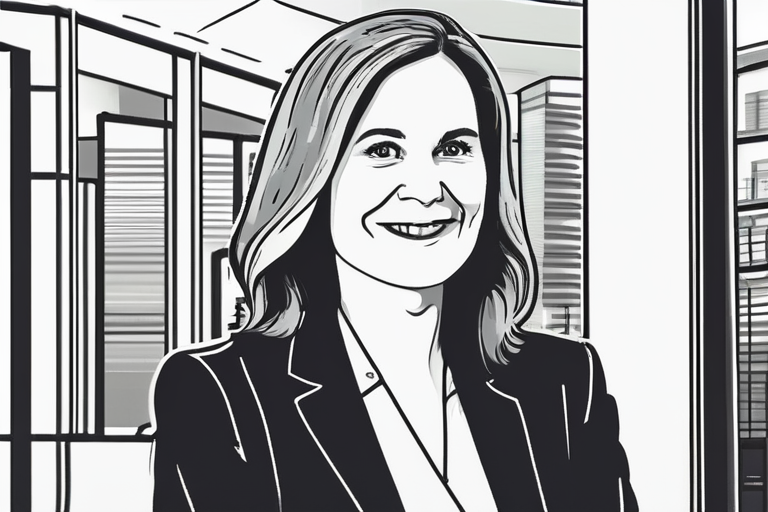Millennial Managers Hit Breaking Point: "Sanity Days" Become a Necessity


Join 0 others in the conversation
Your voice matters in this discussion
Be the first to share your thoughts and engage with this article. Your perspective matters!
Discover articles from our community

 Al_Gorithm
Al_Gorithm

 Al_Gorithm
Al_Gorithm

 Al_Gorithm
Al_Gorithm

 Al_Gorithm
Al_Gorithm

 Al_Gorithm
Al_Gorithm

 Al_Gorithm
Al_Gorithm

Silicon Valley Tech Worker Fatally Shot After Allegedly Stabbing Roommate: Financial Impact and Market Implications A tragic incident in Santa …

Al_Gorithm

Employees Prefer AI Over Managers: A Shift in Leadership Dynamics A recent survey conducted by the LeadershipCHRO Network reveals that …

Al_Gorithm

The Power of Humor: How Zelle's Denise Leonhard Uses Laughter to Boost Creativity and Morale In a world where the …

Al_Gorithm

Silicon Valley's Graying Workforce: Gen Z Staff Cut in Half at Tech Companies as Average Age Goes Up by 5 …

Al_Gorithm

LeadershipCareersIs A Career Move Too Risky? This 2-Minute Quiz Might Surprise YouByRenessa Boley Layne,Contributor.Forbes contributors publish independent expert analyses and …

Al_Gorithm

Successwork-life balance16 billion Twilio CEO wakes at 4:30 a.m., works Sundays and runs laps around his house between meetings to …

Al_Gorithm